Writing And Food: How What You Eat Impacts Your Mood And Creativity
 The holiday season is upon us. It brings food, family, and friends together for so many of us. But holidays can also be emotionally charged and triggering for several people. No matter which spectrum of emotions you might be experiencing, notice how humankind expresses both celebration and mourning through food!
The holiday season is upon us. It brings food, family, and friends together for so many of us. But holidays can also be emotionally charged and triggering for several people. No matter which spectrum of emotions you might be experiencing, notice how humankind expresses both celebration and mourning through food!
How often do we eat our emotions in the form of sugar or drink it in some form of alcoholic beverage or drown our feelings in cups of caffeinated beverage? Remember the last time there was a get together with family and friends and there weren’t copious amounts of food involved? It took me a week to recover from five days of erratic (though fun) living around the Thanksgiving holiday.
This is for people in general. Think about writers and creativity. Writing is an emotional job that tells us that some level of emotional instability accompanies the profession. We, the writers, create from a place of vulnerability.
As the wise say,“There is no great genius without some touch of madness.” Results of various studies suggest an increased rate of schizophrenia, manic-depressive disorder, depression, personality disorder, or alcoholism in creative individuals. A rejection or a cruel note from an editor or a heart-wrenching review or a debilitating writer’s block—in what direction do you find yourself headed?
Be honest; don’t you find your feet dragging you in the pantry-kitchen-dining area of your home? And, how often do you wake up the next day feeling like someone destroyed your mind-body with all the foods, caffeine, and alcohol you ingested? And then starts the deep-rooted relationship with lethargy, procrastination, creative block, and self-loathing, no?
So, what is the connection between your diet and moods and your creativity? For starters, there is a close relationship between your brain and gut. There is a reason that the gastrointestinal tract is referred to as your “second brain.”
A few experts have been specifically examining the relationship between gut health and creativity. Your GI tract is home to billions of bacteria. These bacteria influence the production of neurotransmitters, like serotonin, that constantly carry messages from the gut to the brain. What does serotonin do? It helps mediate mood and social behavior, appetite and digestion, sleep, memory, and inhibits pain.
About 90-95% of serotonin is produced in your digestive tract. Doesn’t it make sense that the digestive system doesn’t just help you digest food, but also guides your emotions? Do you see the correlation between what you eat and its direct impact on creativity and productivity?
Eating healthy food promotes the growth of “good” bacteria, which in turn positively affects serotonin production. Good bacteria lower inflammation and positively impact nutrient absorption. A steady diet of sugar, alcohol, too much caffeine, and junk food, on the other hand, can cause inflammation that hampers production of serotonin.
When neurotransmitter production is in good shape, your brain receives positive messages loud and clear. And you see your emotions reflect it. But when serotonin production goes awry, so might your mood. Do writers need to be reminded about our emotions and moods and how that can impact our writing days?
I don’t know about you, but my weakness is good desserts—be it the holiday season or even otherwise. When I was in college, I would replace lunch with dessert. But I have had to really rework my relationship with sugar and limit how often I eat desserts. And it has nothing to do with wanting to be a certain size or weight. This is because I realized that while sugar creates a temporary spike in “feeling good,” the sugar rush eventually leads to a massive sugar crash. And that is terrible for my mood. I feel low, unmotivated, and lethargic.
Research tells us that sugar, in particular, is considered a major culprit of inflammation, and it feeds the “bad” bacteria in the GI tract. Certain studies have tied sugar to mental decline. It’s a big joke amongst our friends and family how I locate a green juice bar in every city and country prior to our arrival.
Studies have also proved that foods that are rich in vitamins and minerals aka freshly squeezed green juice, promote well-being, curiosity, and creativity. Vitamin C is an essential factor in the production of dopamine, which is the neurotransmitter that underlies motivation and promotes engagement. A report published in the British Journal of Health Psychology studied about 400 young adults over 13 days and found that eating more fruits and vegetables correlates to better well-being and an increased sense of curiosity and creativity.
From a pragmatic and creative standpoint, here is what I know about myself: My relationship with writing and creativity, overall, is sacred. Anything that affects it negatively, I want to rethink that relationship, even if it’s certain foods. Sure, I still enjoy life, have fun, and act silly. But 80-85%% of the times, I try to eat foods that bolster my creativity and help me maintain a positive outlook in life. When you stick to a diet of healthy food, you’re setting yourself up for fewer mood fluctuations and an improved ability to focus. Isn’t that something all of us writers can appreciate—feeling positive, being creative, and experiencing fewer emotional upswings?
Eating well has many lifelong benefits. Being mindful of the foods entering your body and paying attention to their impact can help combat food cravings. Start paying attention to how eating different foods make you feel—not just in the moment, but even the next day. It may be days or weeks before you start to feel the mood-boosting and overall positive effects of a better diet. But it will happen. The mind and body will respond positively. Eating healthy will motivate you to exercise regularly and take better care of yourself overall. When we feel good about ourselves and feel physically and emotionally stronger, it directly impacts our creativity and productivity.
———————————————-xx——————————————-
Short bio: Sweta Srivastava Vikram is an international speaker, best-selling author of 12 books, and Ayurveda and mindset coach who is committed to helping people thrive on their own terms. As a trusted source on health and wellness, most recently appearing on NBC and Radio Lifeforce, Sweta has dedicated her career to writing about and teaching a more holistic approach to creativity, productivity, health, and nutrition.
Her work has appeared in The New York Times and other publications across nine countries on three continents. Sweta is a trained yogi, is on the board of Fly Female Founders, and holds a Master’s in Strategic Communications from Columbia University. Voted as “One of the Most Influential Asians of Our Times” and winner of the “Voices of the Year” award (past recipients have been Chelsea Clinton), she lives in New York City with her husband and works with clients across the globe.
Category: How To and Tips





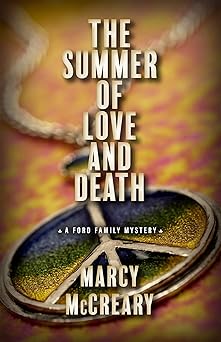

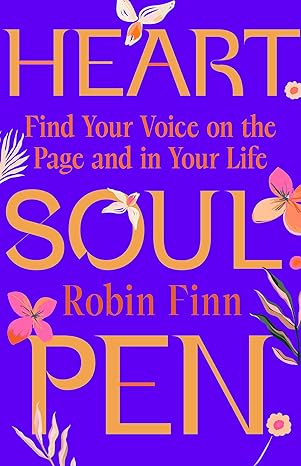
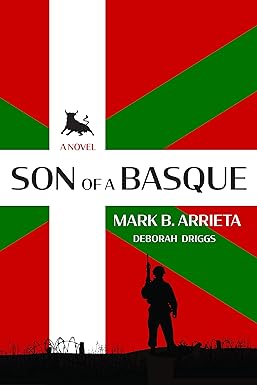
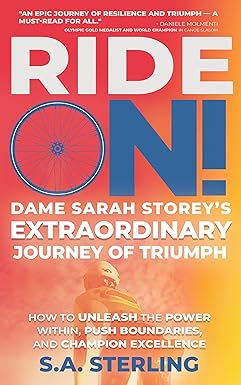



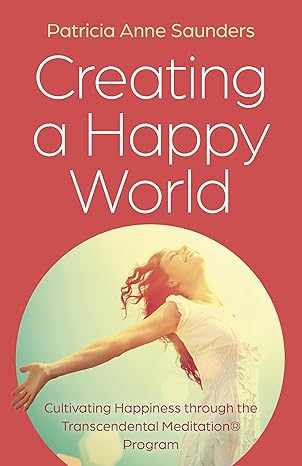
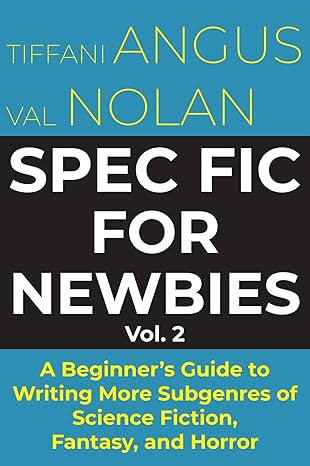

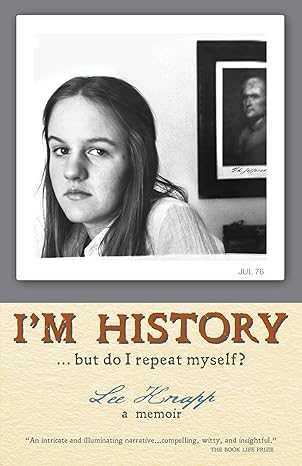





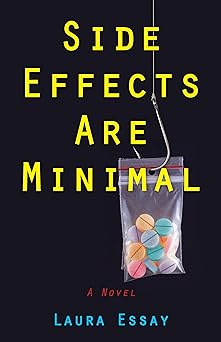

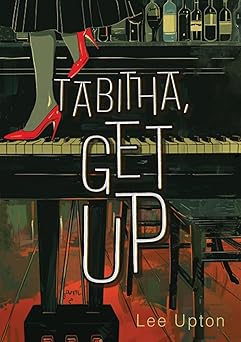
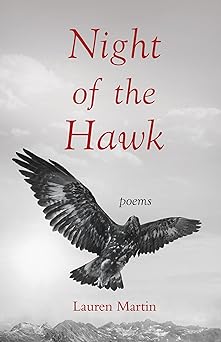
Good